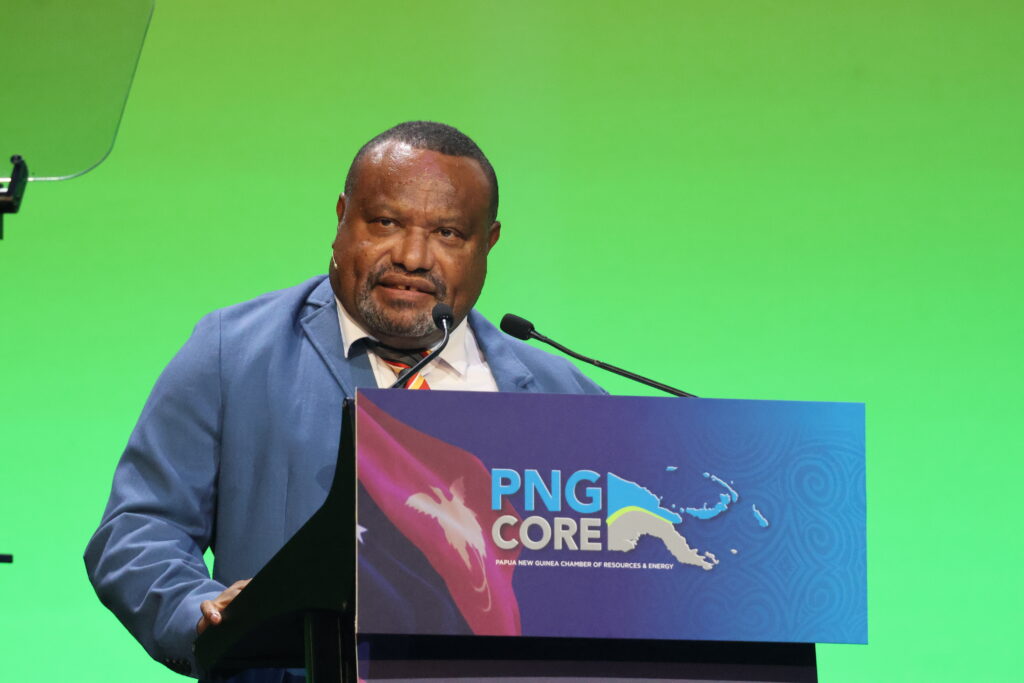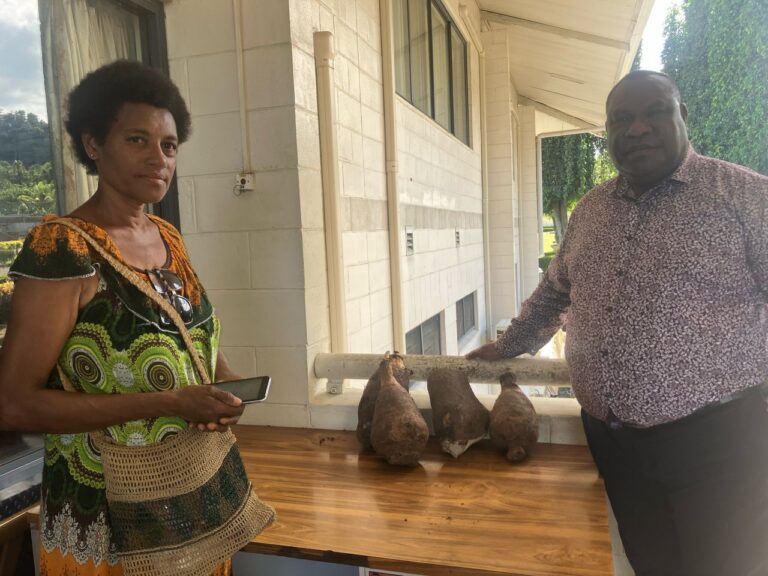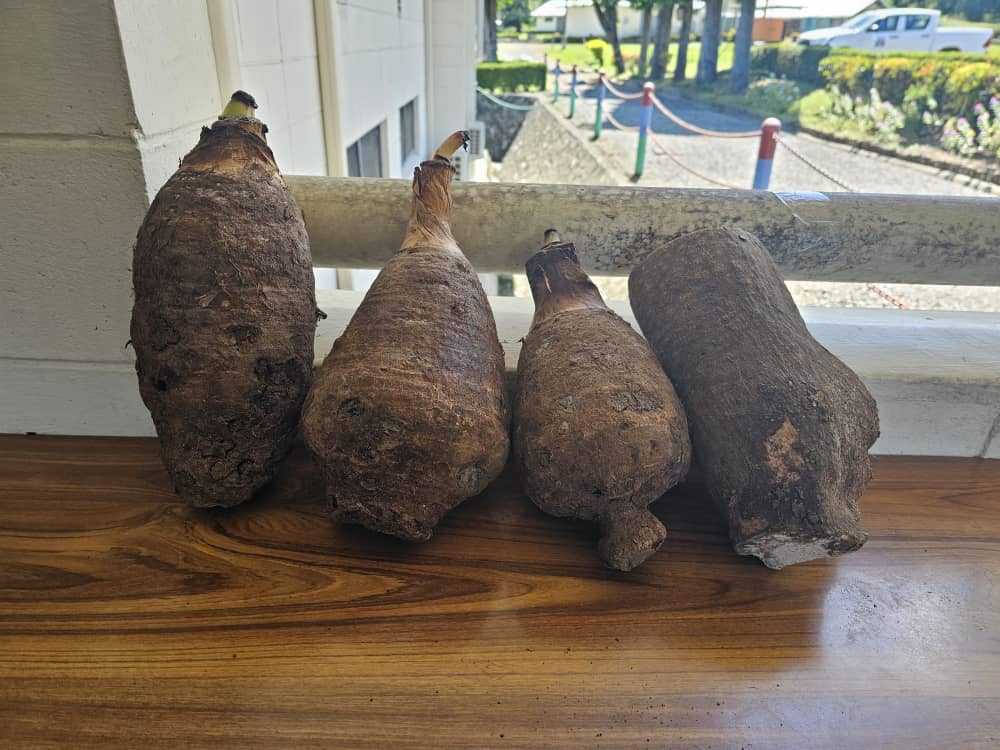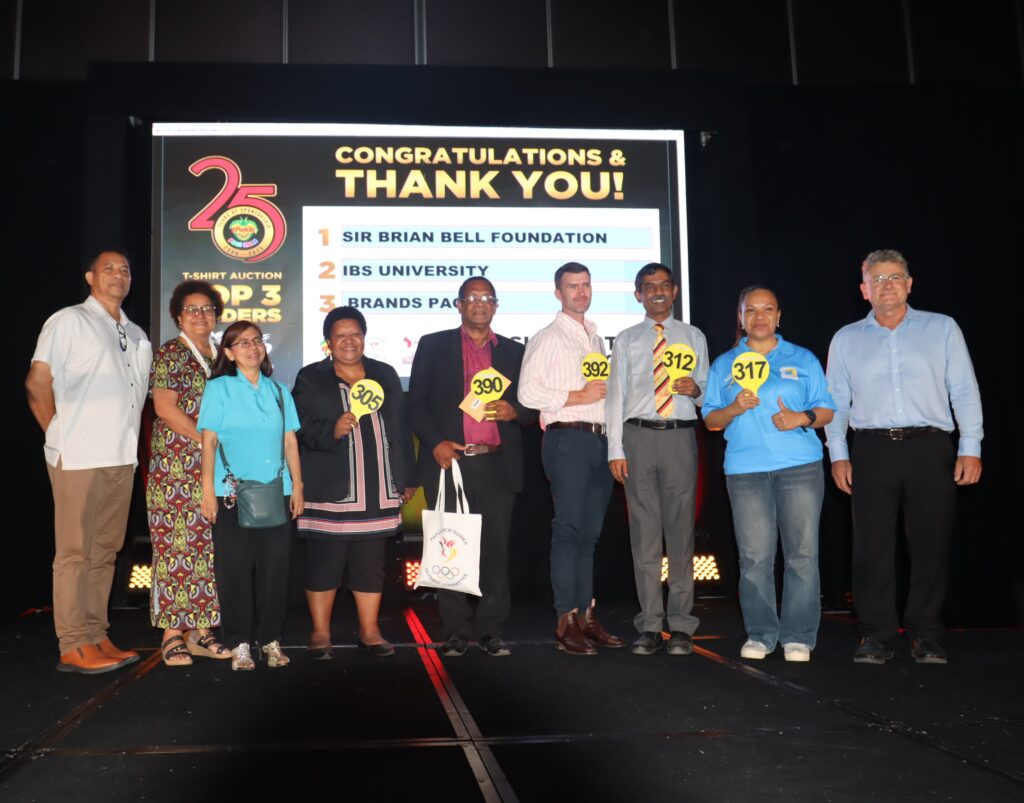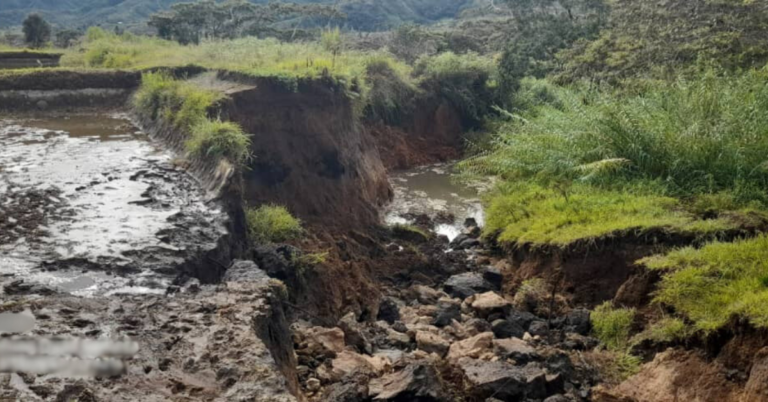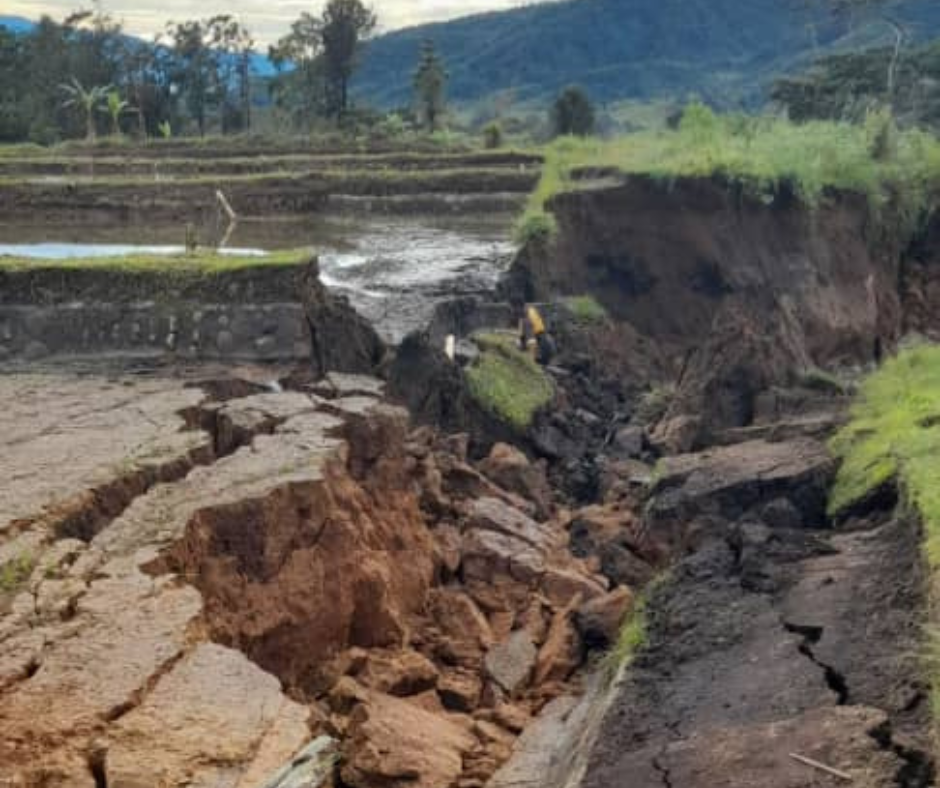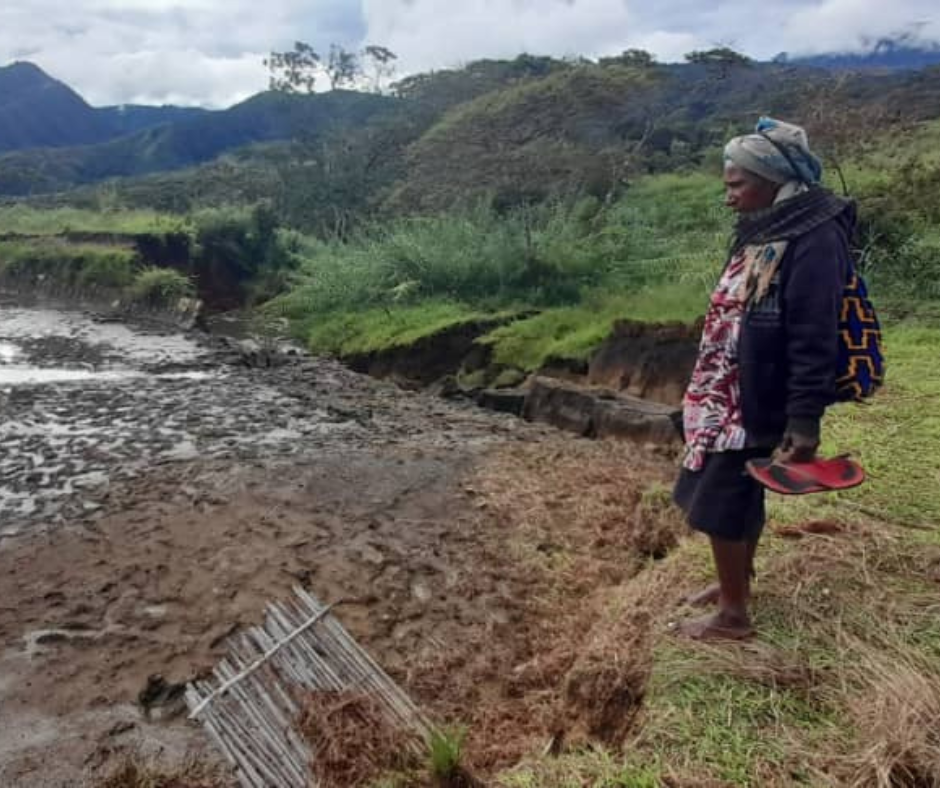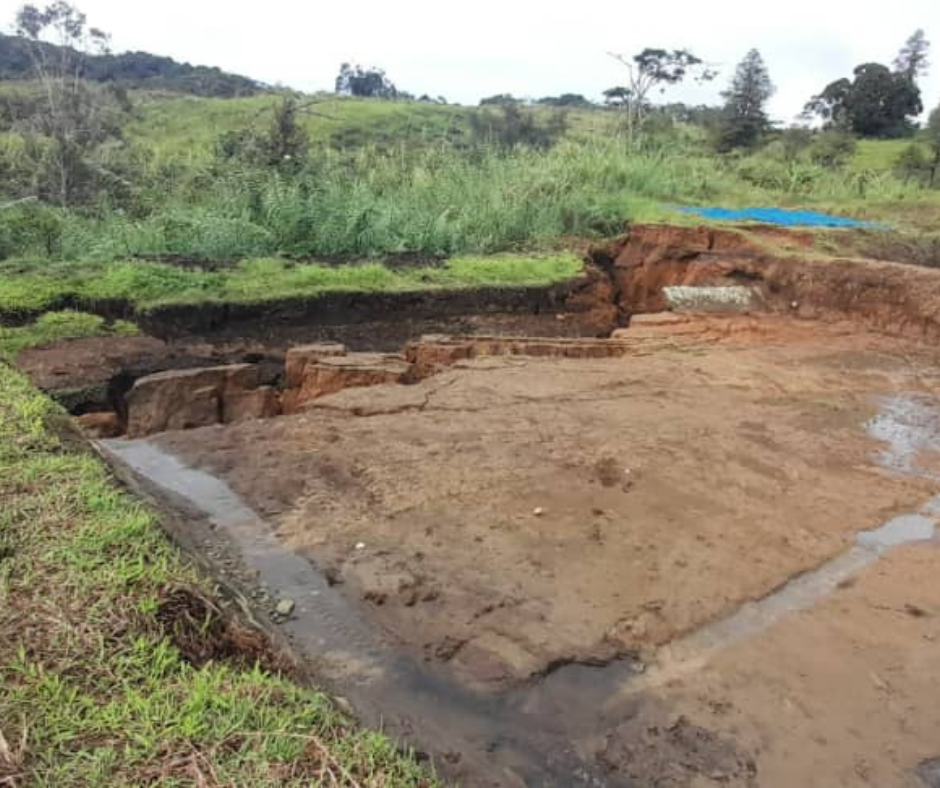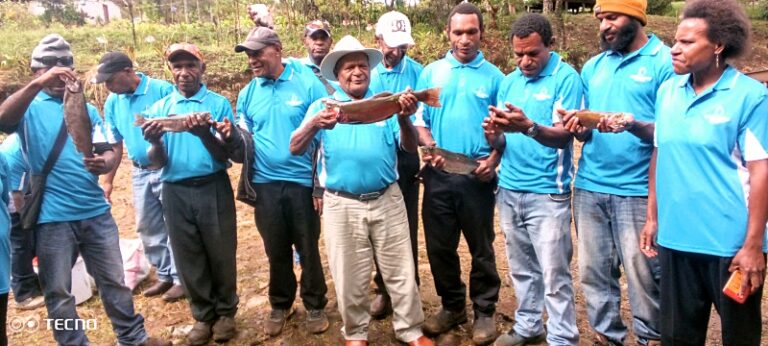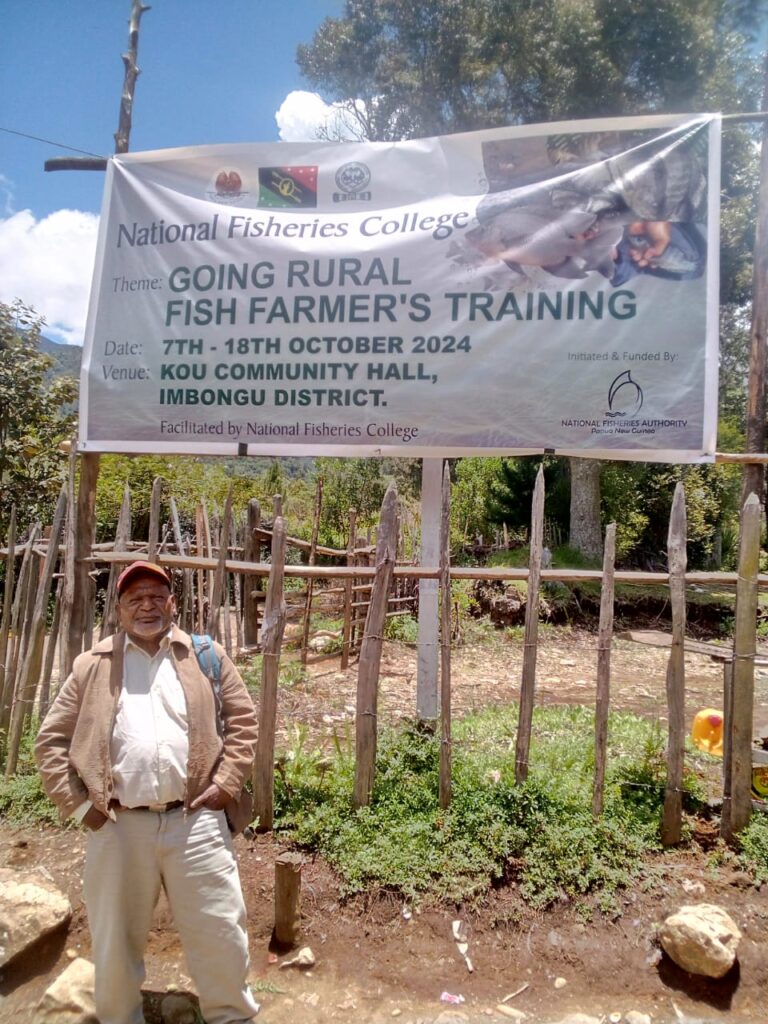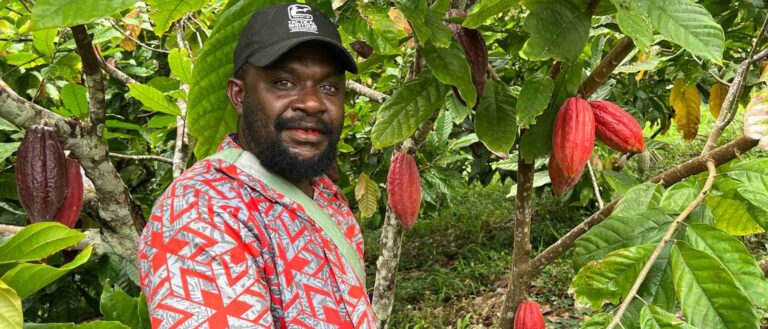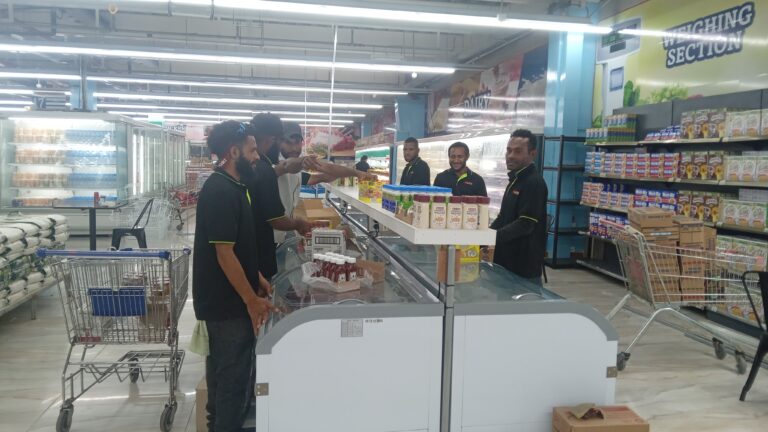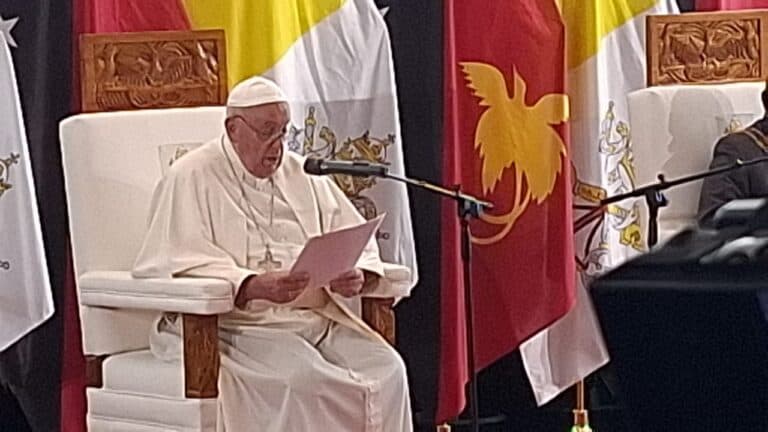The Mineral Resources Development Company (MRDC) has confirmed its significant role in the upcoming 2025 PNG Resources Week, stepping up as a Platinum Sponsor.
This move, announced by the Papua New Guinea Chamber of Resources & Energy (PNG CORE), highlights MRDC’s continued investment in the national conversation surrounding resource development and its impact on communities.
MRDC’s sponsorship is a contribution that supports PNG CORE’s function as a central platform for the resource sector.
PNG CORE facilitates vital discussions among landowners, communities, government, the private sector, academia, and industry leaders. This collaboration is essential for addressing challenges and opportunities within Papua New Guinea’s development landscape.
MRDC’s financial backing directly enables PNG CORE to host high-profile events like PNG Resources Week, providing a necessary forum for these diverse voices.
Sponsorship Aligns with Community Investment Record
The theme for the 2025 PNG Resources Week, “50 Years of Resources Building PNG Communities,” directly aligns with MRDC’s established track record of community investment. Since 2018, MRDC has committed nearly K80 million through its Community Investment Trust Fund (CITF).
These investments have supported infrastructure projects in key areas such as education, health, social and economic programs, and renewable resources. Such initiatives play a role in augmenting government services and contributing to improved quality of life in communities affected by resource operations.
Perspectives on the Partnership
PNG CORE Chief Operating Officer, Mrs. Pansy Taueni-Sialis, acknowledged the sponsorship’s practical benefits.
“We thank MRDC for coming on board as a Platinum Sponsor for the 2025 PNG Resources Week. Their support enables PNG CORE to continue creating platforms that unite stakeholders and spark transformative conversations.
MRDC’s work in reinvesting in communities and advocating for landowner interests resonates strongly with our mission to capture the hearts and minds of Papua New Guineans. Together, we are building a legacy of pride, progress, and partnership in the resource sector.”
Augustine Mano, Managing Director of Mineral Resources Development Company, emphasized the event’s importance for landowners. “We have been a long-standing partner of PNG CORE and a major sponsor of its initiatives. The event is an important platform for our landowners to engage, share experiences, and collaborate in areas of mutual interest,” Mano stated.
MRDC’s Platinum sponsorship provides substantial support for the 2025 PNG Resources Week, ensuring the event can effectively gather key stakeholders to discuss and influence the future of PNG’s resource industry. The PNG Resources Golden Exhibition will also feature prominently, marking half a century of development in the nation’s resource sectors.

